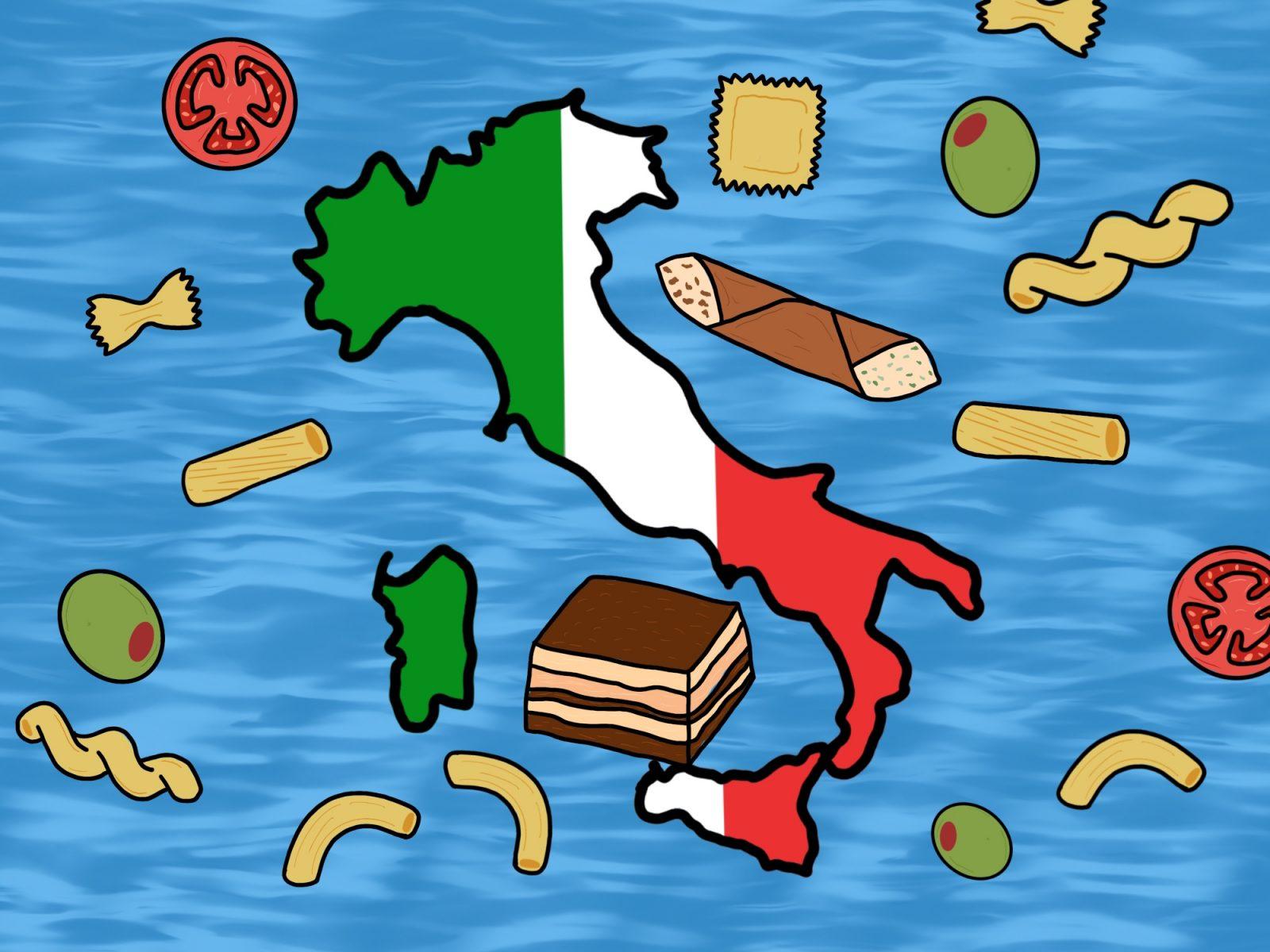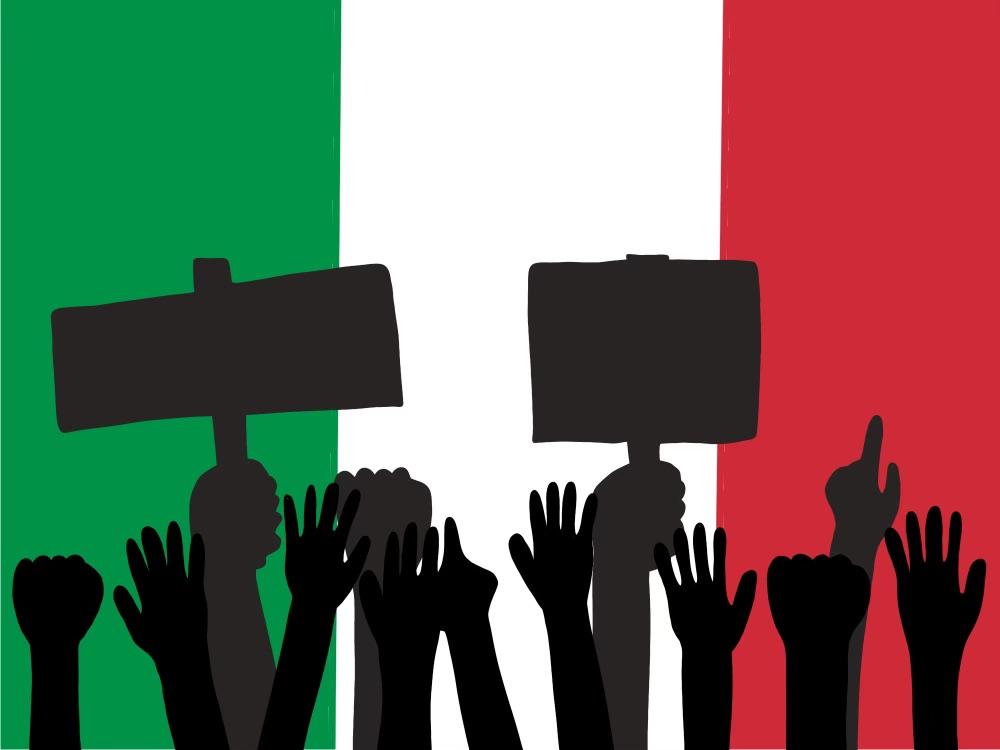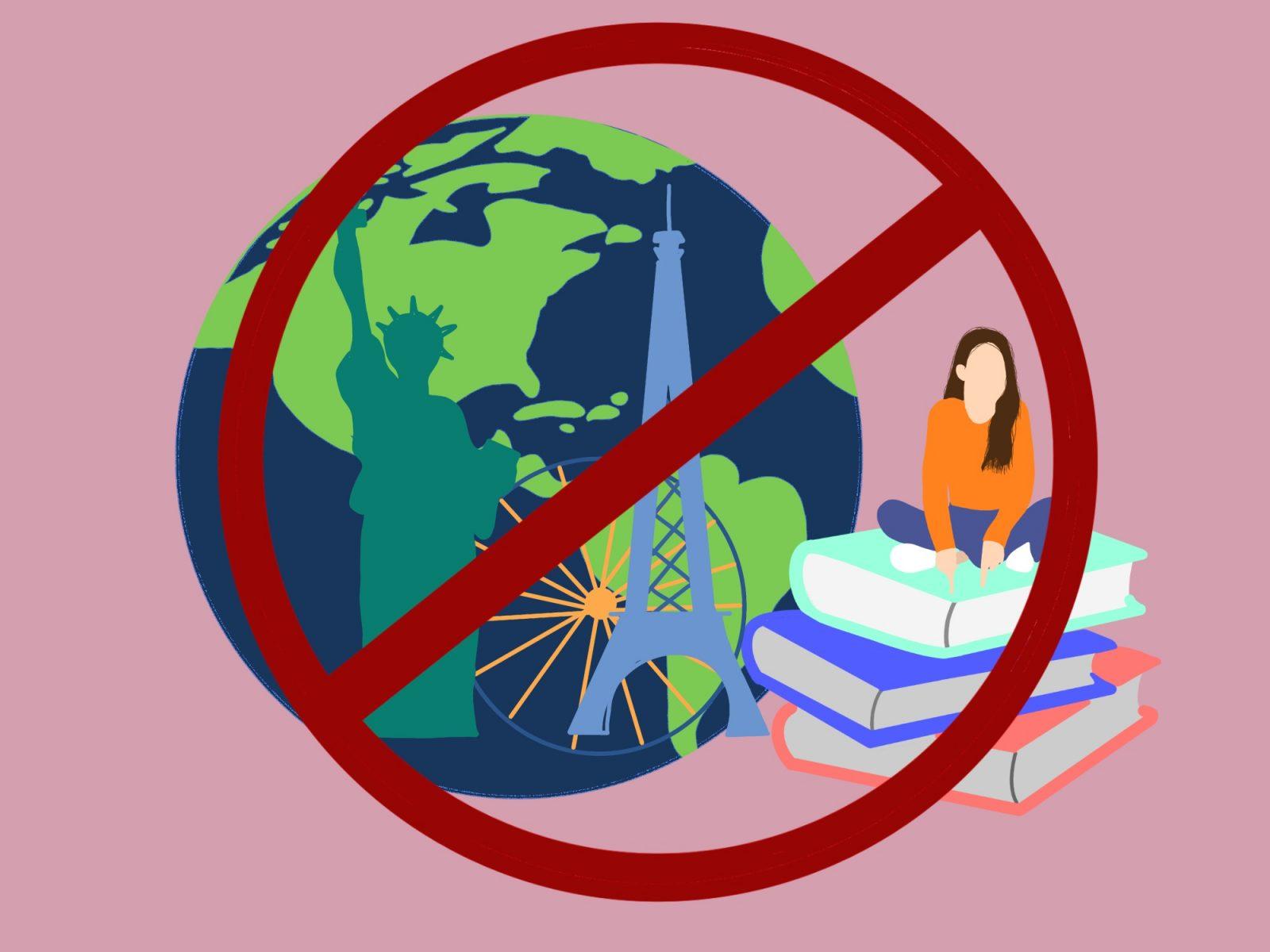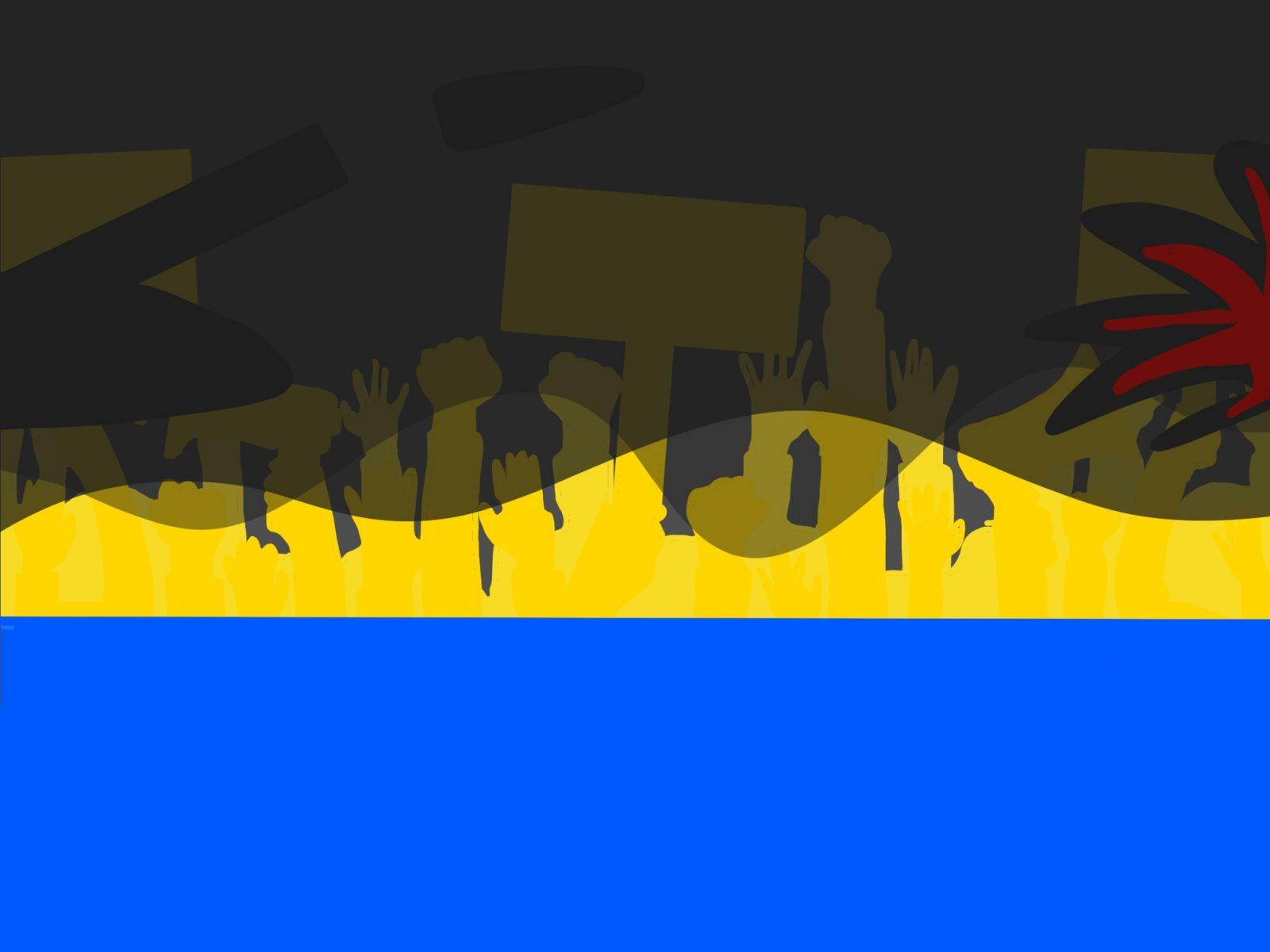It was the second half of July 2001 when the leaders of the eight most developed countries in the world had to face the sweltering Italian heat on their way to Genoa. The 27th G8 summit was to tackle international economic development, but most of the good premises got lost in the labyrinthic port city even before the discussion began.
On July 20, Carlo Giuliani, a 23-year-old anti-globalization protester, was shot by the Carabinieri while holding a fire extinguisher. A day later, in the late hours of July 21, security raids attacked the “Armando Diaz” school — a headquarters for peaceful demonstrators to stay and rest — after false rumors about potential anarchist groups hiding there.
The police officers who entered the school brutally bludgeoned students, young activists, members of the international press and even those who were there simply because they needed a place for the night. A British journalist, Mark Covell, had eight broken ribs, a concussion, a punctured lung, and 16 missing teeth. His desperate attempts to explain that he was a foreign journalist fell deaf to the officer beating him.
The bloodbath that erupted in Genoa and shifted the world’s attention from the faces of the Group of Eight to the martyrs of anti-globalization resulted in one death, 560 wounded, 360 arrests, 25 million euros paid in reparations and 85 members of the police — many more were never identified — who never faced a day in prison.
To this day, the Genoa G8 is remembered as the “biggest suspension of democratic rights” in the 21st century, and the tragedy still affects Italian politics, symbolizing the beginning of the ongoing decline of the Left.

As we are incessantly bombarded with news coming from all over the world, we assume that the issue of implementing and ensuring democratic practices only pertains to third-world countries, while we set the example from our trustworthy Western governments. After all, our democracies are founded on the longest tradition of political theory and the ideas of philosophers such as Aristotle, Hobbes and Rawls.
Nevertheless, the Democracy Index recorded that in 2019, global democracies reached the lowest score ever, and just 5.7% of people in the world were guaranteed full democratic freedoms. Many developed countries are falling victim to populist movements that reject basic principles and spread the cancer of authoritarianism in place of the democratic cause.
Although we are obviously born into privilege simply because we do not have to fight for basic human rights on a daily basis, we must be aware of the myriad of breaches that even the most developed democracies have suffered in the 21st century.
While events such as the 2001 G8 or the 2021 attack on the Capitol are particularly infamous as they were broadcasted worldwide, most other crises take second place on international news and remain a purely domestic concern. As such, they easily escalate, and when world organizations are urged to get involved, it’s often too late.
In Central Europe, Hungary and Poland are powering a phenomenon called “democratic backsliding,” and the European Union, despite several efforts, is proving unfit to enforce compliance with its core values.
In Hungary, the Fidesz Party — led by Prime Minister Viktor Orban — has been dismantling the relatively new democratic structure since 2010 and, as of today, has de facto transformed the country into a totalitarian regime. The judiciary system has been politicized, free media destroyed and the main sectors in the economy sacrificed to crony capitalism. By declaring a new state of emergency in November 2020, Hungary erased the expiration date of Orban’s government and gave it Prime Minister dictatorial powers.
Poland’s populist and nationalist takeover started in 2015 when the Law and Justice party (PiS) came to power. Thereafter, the party’s leader, Jarosław Kaczyński, has embarked on a mission to infringe most democratic rights of their people, such as putting an end to independent media and explicitly condemning LGBTQ+ people. More recently, in January 2020, the country set to maintain tight control on its judges to influence the entire court system.
In Western Europe, the UK’s Boris Johnson has been openly rebuffing his initial promises of liberalism in favor of autocratic measures. The police, crime, sentencing and courts bill banned protests in England and Wales, whereas the Judicial Review and Courts Bill — if approved — would enable the Prime Minister to overrule judicial findings at odds with his agenda.
As this list of breaches can — and unfortunately will — continue, there is simply one important takeaway — democracy is under siege, and the situation is escalating quicker than anyone would have predicted. With some countries’ pace for authoritarianism, it won’t be long before the majority of the Western world will have forgotten what it was like to be free citizens.
Democracy hasn’t failed us, we’re just letting our leaders take it away from us.




























































































































